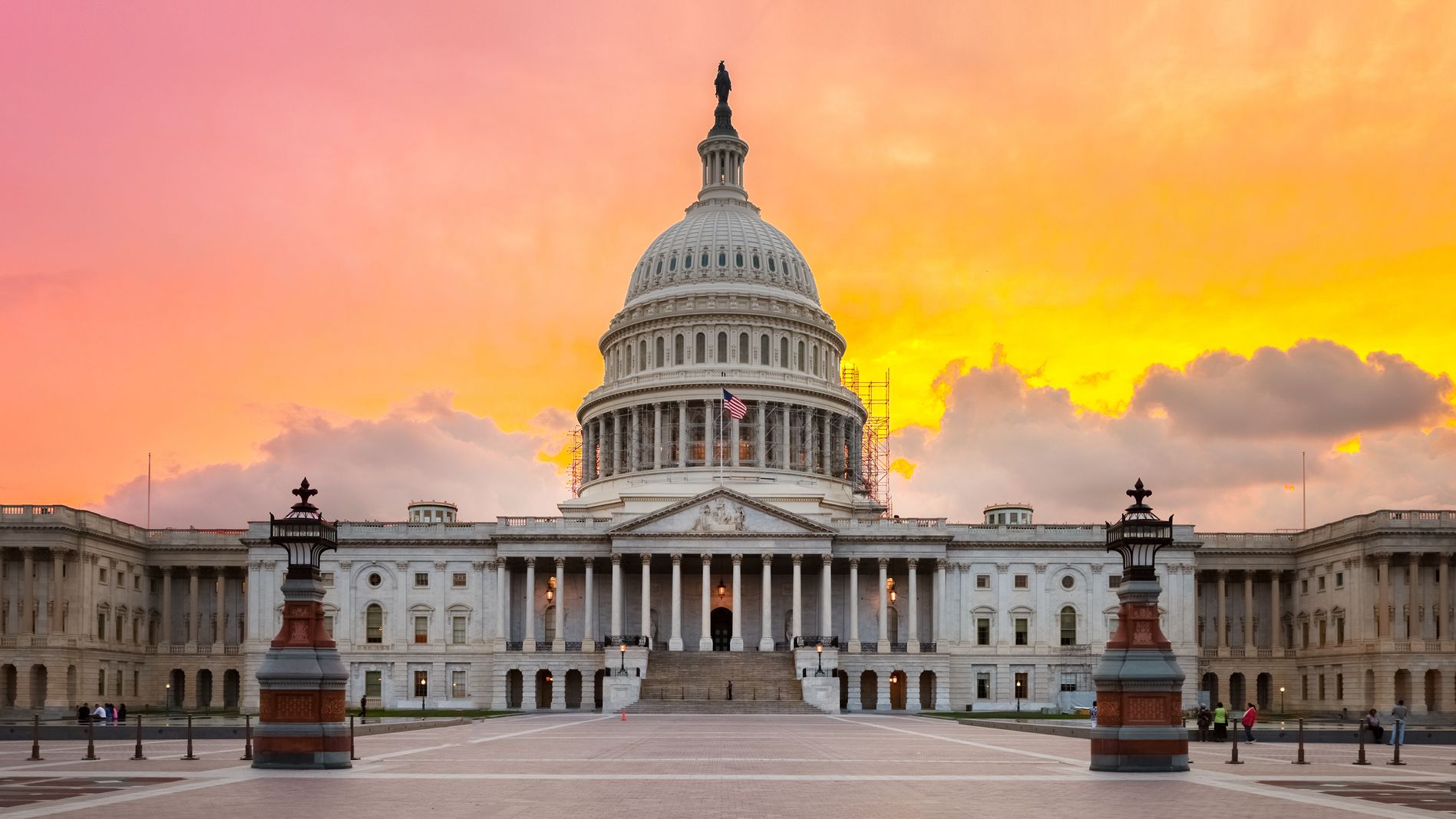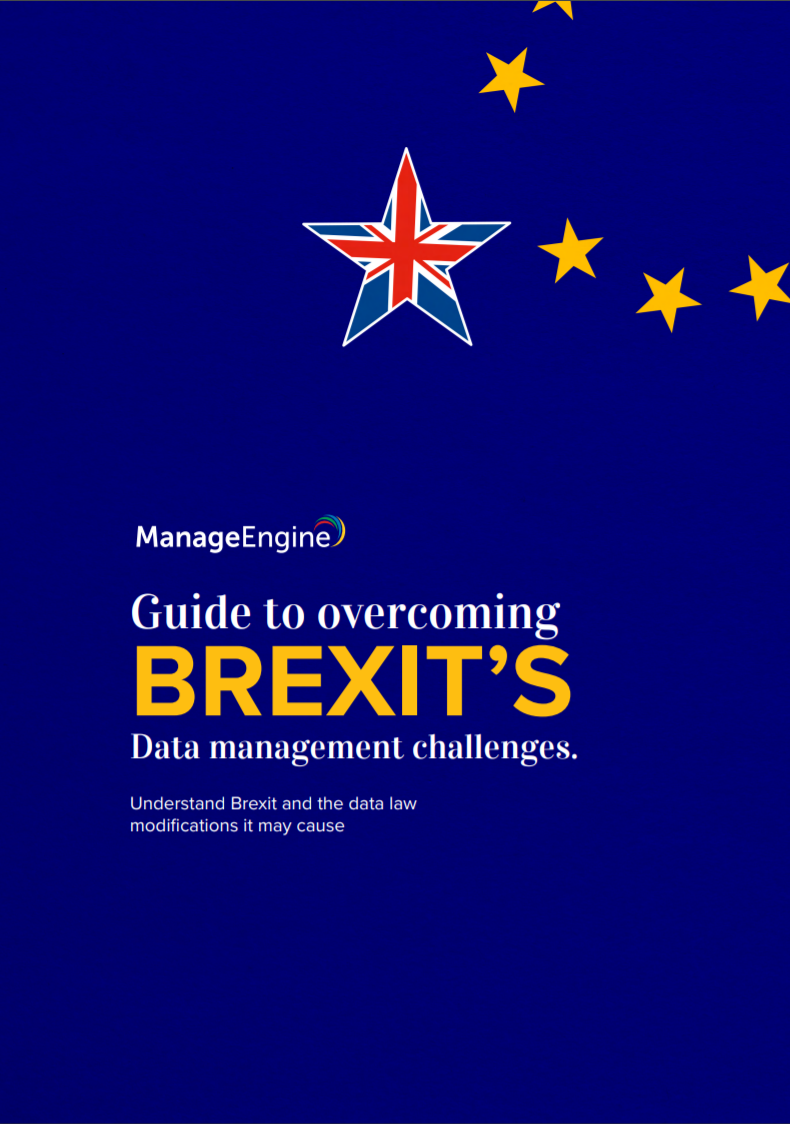Majority of Americans now want a national data protection law, report claims
73% of Americans would also pay to ensure their data isn’t sold to third parties


Four out of five Americans have said they want a federal privacy law in place to protect their personal data, according to new research.
An overwhelming majority (73%) also said that they would prefer to pay for online services in order to prevent their data from being sold to third-party marketing agencies.
Privacy management company DataGrail surveyed 2,000 US people aged 18 and above and found that 83% of respondents now demand greater control over how their data is used by businesses and are in support of country-wide data protection legislation.
And 68% of those surveyed expect to have the option to opt-out of having their data passed on to a third-party.
These requests and expectations for more control come as more Americans are concerned that the current controls exerted over their personal data are lacking; for example, 62% of people in the survey continue to receive emails from a company even after they have unsubscribed from such emails.
Furthermore, 82% have concerns about businesses monitoring or collecting data from their phone microphone, laptop webcams, home devices – such as Google Home and Alexa enabled devices – or mobile devices with location-tracking features.
RELATED RESOURCE

Your guide to overcoming Brexit's data management challenges
Understand Brexit and the data law modifications it may cause
The findings come just weeks after the introduction of the California Consumer Privacy Act (CCPA), considered to be the United State's answer to the General Data Protection Regulation, only confined to the state of California.
Get the ITPro daily newsletter
Sign up today and you will receive a free copy of our Future Focus 2025 report - the leading guidance on AI, cybersecurity and other IT challenges as per 700+ senior executives
“As people put more of themselves online, they expect to have more control and transparency over their personal information,” said Daniel Barber, CEO and co-founder of DataGrail. “The good news is that businesses are responding. Brands are already making big moves to show their dedication to privacy, and it’s paying off.”
“Those that proactively update preferences and consent will end up with a more loyal customer-base. However, we still have a lot of education to do. It’s clear people want the regulations. Our research shows that 50% of people would exercise at least one right under the CCPA.”
DataGrail’s survey revealed that if US citizens were all granted the data protection afforded by the CCPA, then 65% of them would want to know what information a business is collecting from them, as well as have access to it. And 49% would like to have the right to delete such personal data a business might hold pertaining to them.
There’s a commercial incentive for businesses to adopt more privacy-centric practices when it comes to customer data. According to DataGrail, US citizens are willing to take their money elsewhere and abandon their shopping preferences if their private data isn’t protected by the companies they are dealing with. More than three-quarters of those surveyed would be willing to pay in exchange for better privacy protections and to not have adverts shown to them, for example.
All this is indicative of a growing interest people are taking in their data privacy, with data-sharing malpractices such as the Cambridge Analytica Facebook data scandal, and major data leaks, bringing the data collection practices online business carry out into the spotlight.
Roland is a passionate newshound whose journalism training initially involved a broadcast specialism, but he’s since found his home in breaking news stories online and in print.
He held a freelance news editor position at ITPro for a number of years after his lengthy stint writing news, analysis, features, and columns for The Inquirer, V3, and Computing. He was also the news editor at Silicon UK before joining Tom’s Guide in April 2020 where he started as the UK Editor and now assumes the role of Managing Editor of News.
Roland’s career has seen him develop expertise in both consumer and business technology, and during his freelance days, he dabbled in the world of automotive and gaming journalism, too.
-
 Bigger salaries, more burnout: Is the CISO role in crisis?
Bigger salaries, more burnout: Is the CISO role in crisis?In-depth CISOs are more stressed than ever before – but why is this and what can be done?
By Kate O'Flaherty Published
-
 Cheap cyber crime kits can be bought on the dark web for less than $25
Cheap cyber crime kits can be bought on the dark web for less than $25News Research from NordVPN shows phishing kits are now widely available on the dark web and via messaging apps like Telegram, and are often selling for less than $25.
By Emma Woollacott Published